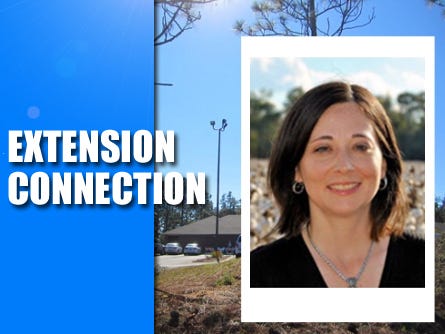
More than 60 plant species can poison livestock. However, just a few species cause most of the problems. Toxic plants can be native or exotic; most are broadleaved.
Florida’s climate is ideal for dozens of poisonous plant species such as:
•Bracken fern
•Showy crotalaria
•Lantana
•Nightshades (solanaceae)
•Tomatoes
•Irish potatoes
•Eggplant
•Black night-shade
•Horsenettle
•Jimsonweed
•Spotted water hemlock
•Red maple
•Prunus species
•Daturas
•Cassias
•Oleander
•Carolina jasmine
•Perilla mint
•Rhodendrons
•Azaleas
•Wild honey suckle
•Mountain laurel
•Pokeberry
•Tung tree
Poisonous plants most often are in new pastures or other areas of recently disturbed soil. Neglect and overgrazing are common conditions for poisonous plants to thrive. Dry water holes, old burn piles or trash piles, fence rows, ditch and creek edges and nutrient-rich areas (feeding sites and manure piles) are other common sites to find toxic weeds.
Livestock generally eat poisonous plants under conditions such as:
•Starvation
•Deficient rations
•Overgrazing and drought
•Being inadvertently fed them as fodder
•Curiosity
•Good taste
So, what can you do about poisonous plants in your pastures?
•Walk through the pasture frequently and submit samples of any unfamiliar or suspicious plant to the University of Florida's Institute of Food and Agricultural Sciences extension office.
•Know your hay source, as poisonings can result from feeding infested hay.
•Remember that any cultural practice that results in species diversity in the pasture increases the chances of plant poisoning.
•Don’t allow your livestock to graze in the yard. Many exotic landscape plants are toxic and unfamiliar to the animals.
•Prevention is the key since few antidotes can be administered.
In most cases, veterinarians can only provide supportive treatment to affected animals, according to the Foundation for the Gator Nation.
Jennifer Bearden is an agent at the University of Florida's Institute of Food and Agricultural Sciences Extension Office in Crestview.
This article originally appeared on Crestview News Bulletin: EXTENSION CONNECTION: Identify strange plants to prevent spread of poisonous ones
